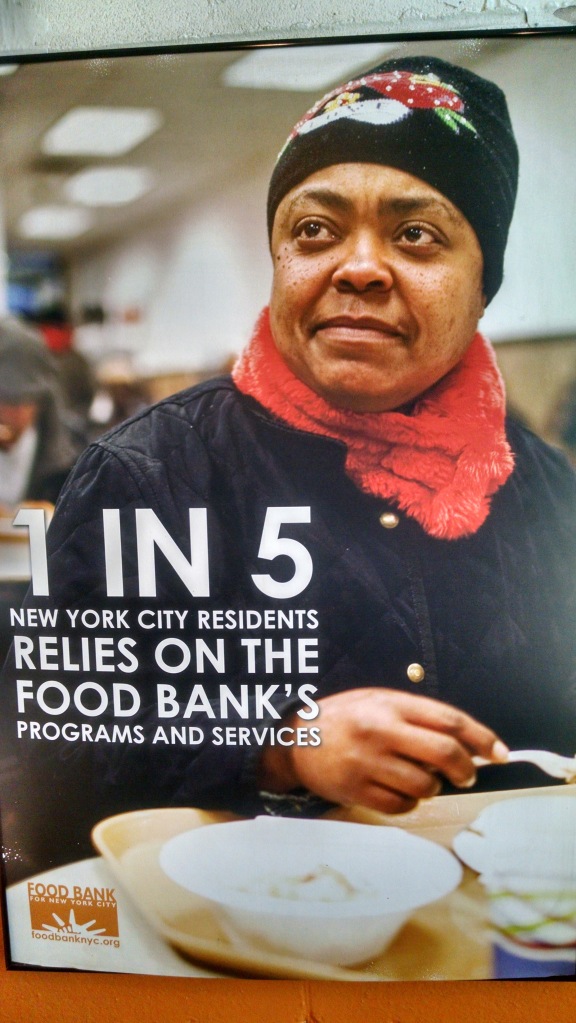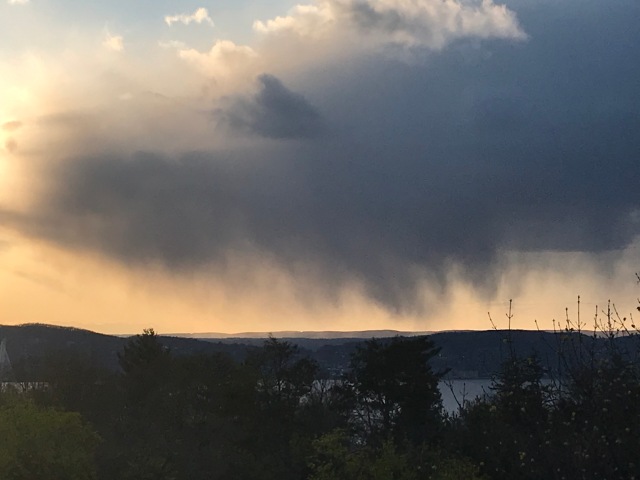
By Caitlin Kelly
This story surprised me, that millennial women are less likely to handle their own finances than us Boomers:
A study published in June by the Swiss banking group UBS underscored that point. It found that even the most educated and high-achieving millennial women were not as involved as their husbands in long-term financial decision making.
In fact, millennial women — part of a generation thought to have pushed for open-mindedness about gender roles — exhibited less financial independence than boomer women did. Among millennial women living with male partners, 54 percent said they deferred to their partners for long-term financial planning rather than sharing that responsibility or taking the lead themselves, compared with 39 percent of boomer women, according to the study, which surveyed 1,320 women with at least $250,000 in investable assets.
This — initially — made sense to me:
Sallie Krawcheck, chief executive and co-founder of Ellevest, an investment platform for women, said millennials might not have realized that if they do not have financial equality, they do not have independence.
“Younger women haven’t had as many hard-won lessons,” she said.
But I know several millennial women (ages 23 to 28 in 2019) and they’ve faced a difficult economy and massive student debt, both of which can make anyone fearful of money matters.
The reason the women surveyed for not handling more of the money offered was their assumption that their husbands knew more.
This is madness!
The ability to manage money well — whether debt or investments — isn’t a male skill. I’ve seen this in my marriage with Jose, who did not grow up in a wealthy family, while my family of origin (at the grandparents’ level) had some serious money.
So I was fortunate at 19 to have a fat $350/month (thanks to my maternal grandmother) I had to make sense of and, throughout three years of full-time university, use for all my costs, including living alone in a major city.
Living on $350 a month was hardly luxury — my rent consumed 50 percent of it.
So I learned young to hustle hard for more income, through freelance writing and photography assignments.
I still remember what clothes I owned then, bought new, but very few of them and nothing as shiny as my live-at-home fellow students.
Jose and I have been able, without the additional costs of raising children or carrying student debt, to accumulate a decent amount of savings, enough that we really do have to pay attention.
He got a buyout package when he left The New York Times in 2015 and it’s our job to keep it safe and grow it when possible as we’re not going to get hired into another well-paid full-time job again, and never again enjoy job-subsidized health insurance — thanks to age discrimination.
So the pressure’s on to be smart and savvy.
I read the Financial Times every day. It’s really written for the professional experts who work in capital markets in London, New York, Hong Kong — not for me! But I learn a lot and keep an eye on companies worth investing in. If you refuse to pay attention to the global economy you’ll always be surprised by what happens.
I’ve read a few financial self-help books — the best takeaway? Don’t put your money anywhere that you just don’t understand! For me, that’s ETFs. They’ve been explained to me several times but my brain just freezes so I stick to what I know — a wide variety of mutual funds and a few individual equities (i.e. stocks.) We have no bonds at the moment.
If you’re willing and able to invest you do need to learn some lingo:
— asset allocation (where you invest)
— diversification (making a range of different investment choices to balance out the risk of individual ones failing)
— capital (i.e. money!)
That’s just a super bare bones start!

Even if you’ve got some savings in a mutual fund, have you checked how it’s doing? Do you know the top 10 holdings? I was stunned — a few years ago — to see how dominant China was even then.
Do you know what a fiduciary is? They’re the only people whose financial advice you should heed.
I also learned the hard way never to play ostrich with how your money is doing — and lost about $11,000 that way on an investment my first husband made. I was an utter fool, too scared to open the envelopes they sent, and discovered that my own money (already saved) had been used to keep paying the company every month after I lost my full-time job and could not get another.
Back when, like these women, I assumed he knew better than I.
He didn’t.















